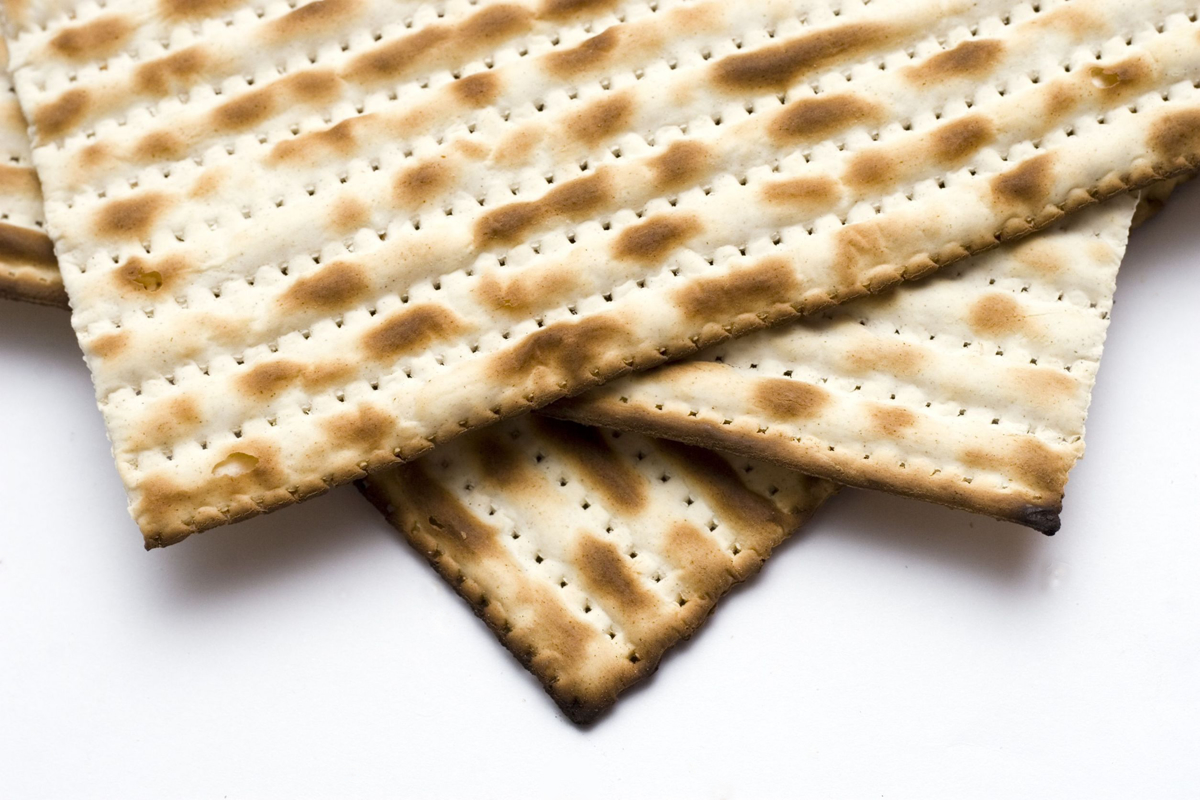I was inside the oven. Just like Hansel and Gretel, except that I’d put myself there rather than being shoved inside by a witch. There I was, being overwhelmed by fumes from the chemicals of the oven cleaner I’d sprayed on because my oven is ancient and has no self-cleaning cycle. It was nasty. I tend to procrastinate when it comes to oven cleaning, which makes the task I avoid because it’s gross even more disgusting by the time I get around to spraying it, waiting, and then wiping out the toxic greasy mess. Even though it’s unpleasant, it’s something I do before Passover every year.
God commanded the leaven to be removed from homes in ancient days, and declared it to be a command forever. While I’m not Jewish, I observe God’s feasts. I’ve decided to follow the God of Israel and for our family, that includes (as it did for the mixed multitude that left Egypt and observed that very first season of bread with no leaven) the instructions for His Holy Days. We eat the frozen pizzas and cookies and use up the baking mixes in the days leading up to Passover. I lament the almost-full jar of yeast that gets thrown away because I should’ve planned better…again. Still, we get rid of it – because God told us to.
Most scholars agree that in the Bible leaven is usually used as a metaphor for sin. The examples of leaven in Scripture paint a picture for us of staying away from behaviors that are contrary to God’s word and God’s will for our lives. We go through Passover avoiding all the yummy bread, instead eating the flat, yeast-less variety to remind us of the sin that we are also commanded to avoid. I wasn’t thinking about this while I was cleaning out the oven, though. All my efforts were focused on the task at hand.
Until something pressed so deeply into my heart and thoughts I couldn’t escape it. Why don’t I approach the “leaven” in my own life as diligently as I do the oven cleaning? Why am I so determined to rid that oven of every crumb, every spill, every bit of burnt-on cheese, and every trace of cleaner yet when it comes to my own life, I have a very different approach? I am willing to stretch and strain and end up with greasy black marks on my arms and brown chemical sludge on the front of my shirt to prepare my home for Passover. Why am I not willing to do the work, to endure the effort it takes, to dig deeper and reach farther when it comes to my own mess? I would rather do a bit of light duty cleaning on the outside. But real cleaning that requires elbow grease? No, thank you.
We all come to a season where God says, “It’s time. Time to get the leaven out. Time to clean house.” We have to be willing to take an honest look at our messes and do the work to rid ourselves of the sin in our hearts. We have to want the leaven to be gone. We have to determine that whatever it takes, it’s time to rid ourselves of what’s built up, stuck on, and burnt on. If we’re serious about walking with God, we have to be serious about reaching into the corners, however dirty they’ve become, and using heavy-duty cleaners until the job is done and all that’s left is what God made us to be. It’s not pleasant; it’s messy and difficult but it’s what we need to do.
May this season of Unleavened Bread prompt us to clean out more than the leaven in our pantries and may we work as hard to be like our Messiah as we do to ready our homes for His feast.
Get rid of the old hametz (leaven), so you may be a new batch, just as you are unleavened—for Messiah, our Passover Lamb, has been sacrificed.
1 Corinthians 5:7


